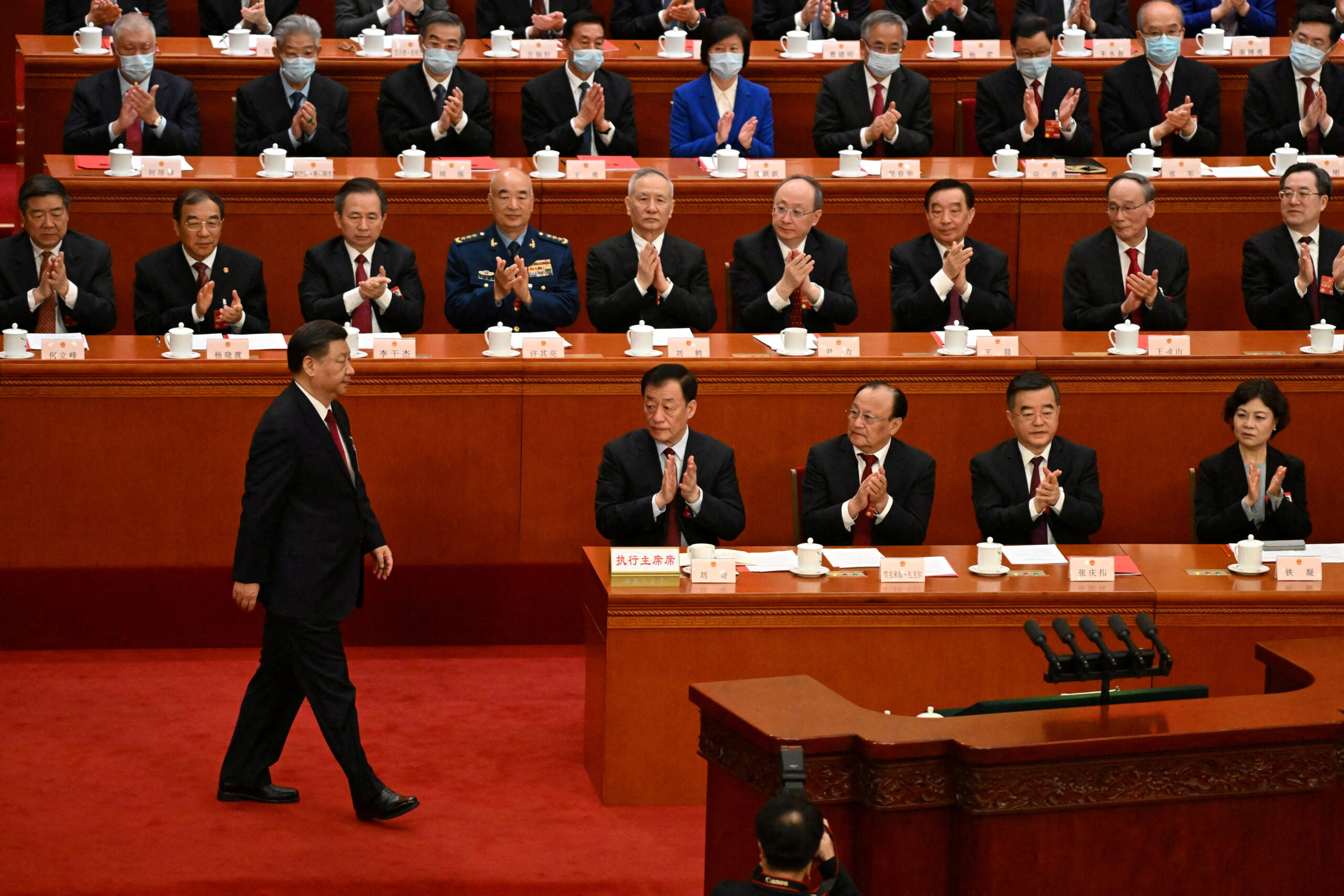The Chinese government tightens its grip on foreign policy, while tensions with India are rising
News briefing for June 29, 2023.

Here’s what else you need to know about China today:
China passed a sweeping foreign policy law yesterday that expands on the “legal toolbox” to counter any foreign powers deemed hostile to China’s national security. The law, which goes into effect on July 1, will “fix the loopholes in the rule of law in foreign-related affairs amid new challenges in foreign relations” given “frequent external interference in [China’s] internal affairs under the Western hegemony with unilateral sanctions and long-arm jurisdiction,” according to People’s Daily, the Communist Party’s house newspaper.
The umbrella legislation, called the Law on Foreign Relations, does not introduce any new mechanisms for responding to rising geopolitical challenges, such as U.S.-led efforts to curb the flow of advanced technology to China. But it does consolidate a slew of existing legal tools that cement the Communist Party’s grip on how China conducts its foreign relations.
A group of popular American fashion influencers are being criticized for posting glowing reviews about fast-fashion juggernaut Shein after taking a recent sponsored trip to its factories in China. The controversy comes at a particularly delicate time for Shein, as it’s aiming to launch an initial public offering (IPO) on the U.S. stock market later this year despite its controversy over its shadowy supply chains and other ethical issues.
Chinese state media highlights new rules for drones: The People’s Daily’s print edition today has a story on new rules for unmanned aircraft issued by the State Council and the Central Military Commission. The rules will affect commercial and consumer drones — both types of which will require registration from next year.
Also on the People’s Daily front page is a report on meetings in Beijing between Vice-President Hán Zhèng 韩正 and President Lazarus Chakwera of Malawi and President Hussein Mwinyi of Zanzibar, Tanzania’s semi-autonomous island province.
State news agency Xinhua’s top story (in Chinese and English) is about General Secretary Xí Jìnpíng 习近平 attending a two-day national conference on organizational work, which is Party speak for management and decision-making about political appointments and staffing.
Sri Lanka will not take sides between China and India, Sri Lankan foreign minister Ali Sabry said today in an interview with the South China Morning Post. “We want India and China to talk to each other and resolve their differences and that will be better for both countries, better for the world,” Sabry said.
Sri Lanka has found itself wedged between the two Asian powers, whose relationship has grown more tense over the past year: In August 2022, India raised security concerns over the visit of a Chinese ship to the strategically positioned southern Sri Lankan port of Hambantota that was built with a $1 billion loan from Beijing. While China claimed that the ship’s docking was only for scientific research purposes, it exacerbated India’s fears that the port could be used by Beijing as an Indian Ocean military base in India’s backyard.
Meanwhile, Indian Prime Minister Narendra Modi met with U.S. President Joe Biden in Washington, D.C. last week, in a trip that sent a clear but quiet signal to Beijing.
Local media in India reported that Chinese entities are helping the Pakistani army build defense infrastructure along the de facto India-Pakistan border, known as the Line of Control, including setting up communication towers and laying underground cables.
China is on track to double wind and solar capacity by 2025 if all projects are successfully completed, five years ahead of its 2030 target of 1,200 gigawatts (GW), according to a report published yesterday from San Francisco-based Global Energy Monitor (GEM).
The report states that China has nearly one-fifth of the world’s prospective wind capacity, the bulk of which falls under the government’s 14th Five-Year Plan to 2025. The amount of China’s prospective solar capacity, on the other hand, is triple that of the United States.
The world’s largest iPhone factory is on a hiring spree in the central Chinese city of Zhengzhou in anticipation of the production of the new iPhone 15 in 2023.
Taiwan-based Foxconn, a major Apple supplier, is offering a bonus of 8,000 yuan ($1,105) for former employees who are willing to regularly return to the plant’s assembly line during peak seasons, according to job postings by the company’s Product Enclosure Business Group unit. It comes as a promising sign that China will remain a key manufacturing base for Apple.





